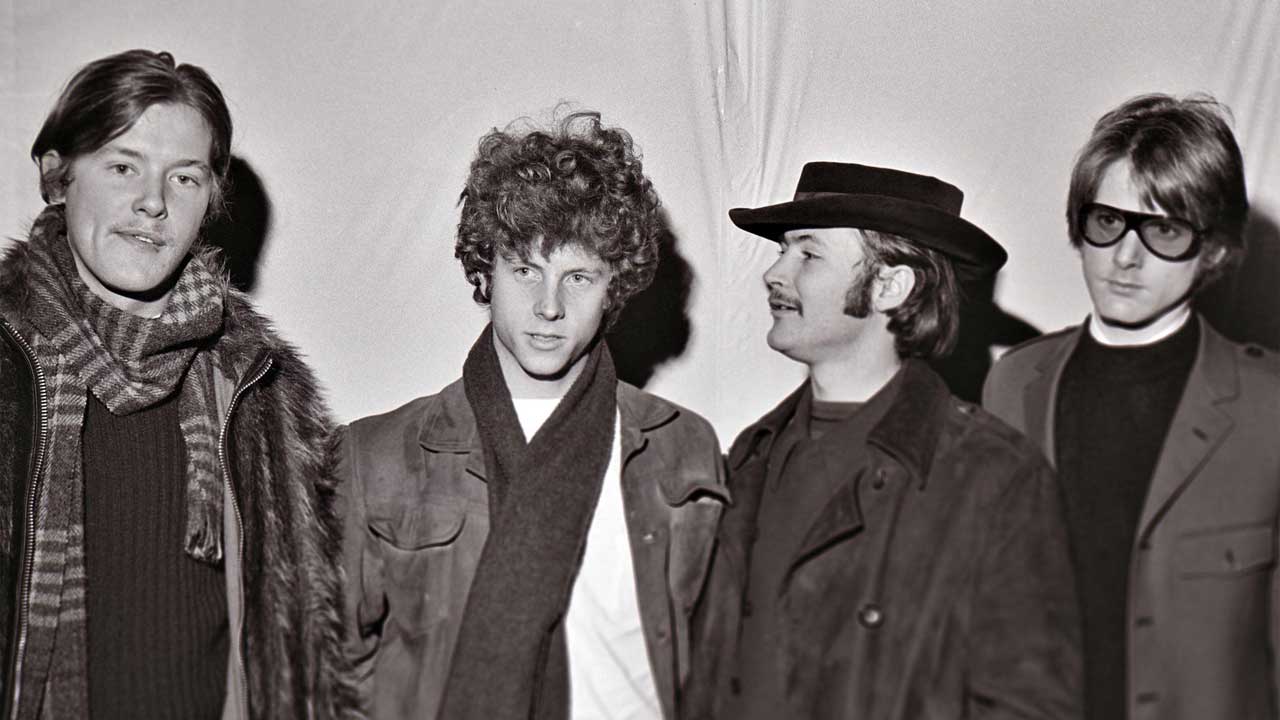You can trust Louder
Despite the catch-all title of this five-disc set, it actually covers a period of less than three years in the land of the Dead, book-ending a rebirth and farewell of sorts. Wake Of The Flood, from 1973, was the band’s first full studio set since the latterly-perceived masterpiece American Beauty at the start of the decade, and while it performed better than its predecessor charts-wise, the sonic makeover leaning towards avant-garde jazz alienated some fans.
The following year’s From The Mars Hotel, named after a one-time residence of celebrated beat writer Jack Kerouac, was a partial return to their roots, although several tracks sound muted compared to the free-flowing versions played live over the previous 12 months. Blues For Allah (’75) differed in that its songs were largely improvised in the studio, the band having announced an indefinite break from touring, with more members contributing to the songwriting. Experiments with atonal melodies and Middle-Eastern time signatures aren’t wholly successful, although Franklin’s Tower pilfers from Lou Reed’s Walk On The Wild Side with pleasing results.
Silence prevailed until the double live album Steal Your Face in 1976, although itsrecording over four nights at San Francisco’s Winterland Ballroom in 1974 places it, ahem, dead-centre in the chronology of this collection.
Technical obstacles in mixing the group’s elaborate multi-speaker live sound for home consumption makes it an often unsatisfying listening experience, and the band subsequently revealed that the death of founding member Ron ‘Pigpen’ McKernan from alcohol-related illness upset the dynamic of their performances.
Sign up below to get the latest from Classic Rock, plus exclusive special offers, direct to your inbox!
Terry Staunton was a senior editor at NME for ten years before joined the founding editorial team of Uncut. Now freelance, specialising in music, film and television, his work has appeared in Classic Rock, The Times, Vox, Jack, Record Collector, Creem, The Village Voice, Hot Press, Sour Mash, Get Rhythm, Uncut DVD, When Saturday Comes, DVD World, Radio Times and on the website Music365.

